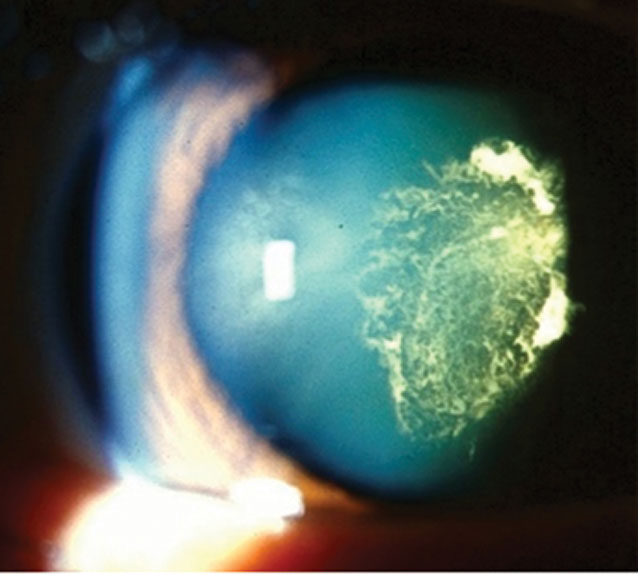 |
|
Having a systemic disease along with AMD or cataract or diabetes-related eye disease may put some individuals at a higher risk for dementia. Click image to enlarge. |
Researchers recently discovered that age-related macular degeneration (AMD), cataract and diabetes-related eye disease, but not glaucoma, are associated with an increased risk of dementia. They noted that patients with both ophthalmic and systemic conditions are at higher risk of dementia compared with those with an ophthalmic or systemic condition only.
The analysis included 12,364 adults aged 55 to 73 years from the UK Biobank cohort. Participants were assessed between 2006 and 2010 at baseline and were followed until 2021. Incident dementia was ascertained using hospital inpatient, death record and self-reported data.
Over 1.2 million person-years of follow-up, 2,304 cases of incident dementia were documented. The mean multivariable-adjusted hazard ratios (HRs) for dementia associated with AMD, cataract, diabetes-related eye disease and glaucoma at baseline were 1.26, 1.11, 1.61 and 1.07, respectively. Diabetes, heart disease, stroke and depression at baseline were all associated with an increased risk of dementia.
Of the combination of AMD and a systemic condition, AMD/diabetes was associated with the highest risk for incident dementia (HR: 2.73). Individuals with cataract and a systemic condition were 1.19- to 2.29-times more likely to develop dementia compared with those without. The corresponding risk for diabetes-related eye disease and a systemic condition was 1.50- to 3.24-times higher. Diabetes, hypertension, heart disease, depression and stroke identified during follow-up mediated the association between cataract and incident dementia, as well as the association between diabetes-related eye disease and incident dementia.
Shang X, Zhu Z, Huang Y, et al. Associations of ophthalmic and systemic conditions with incident dementia in the UK Biobank. Br J Ophthalmol. September 13, 2021. [Epub ahead of print]. |

